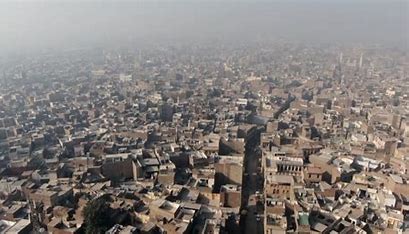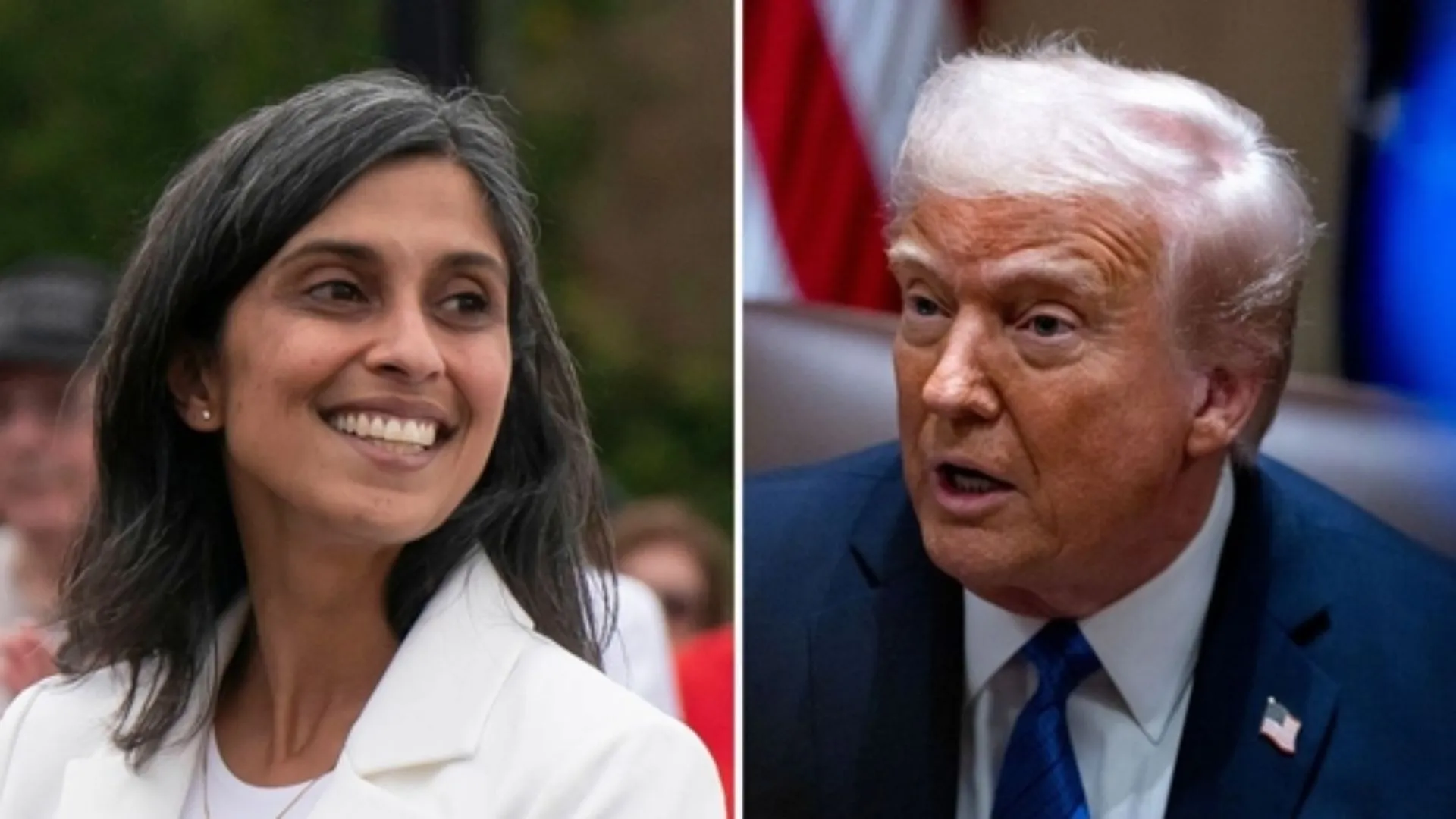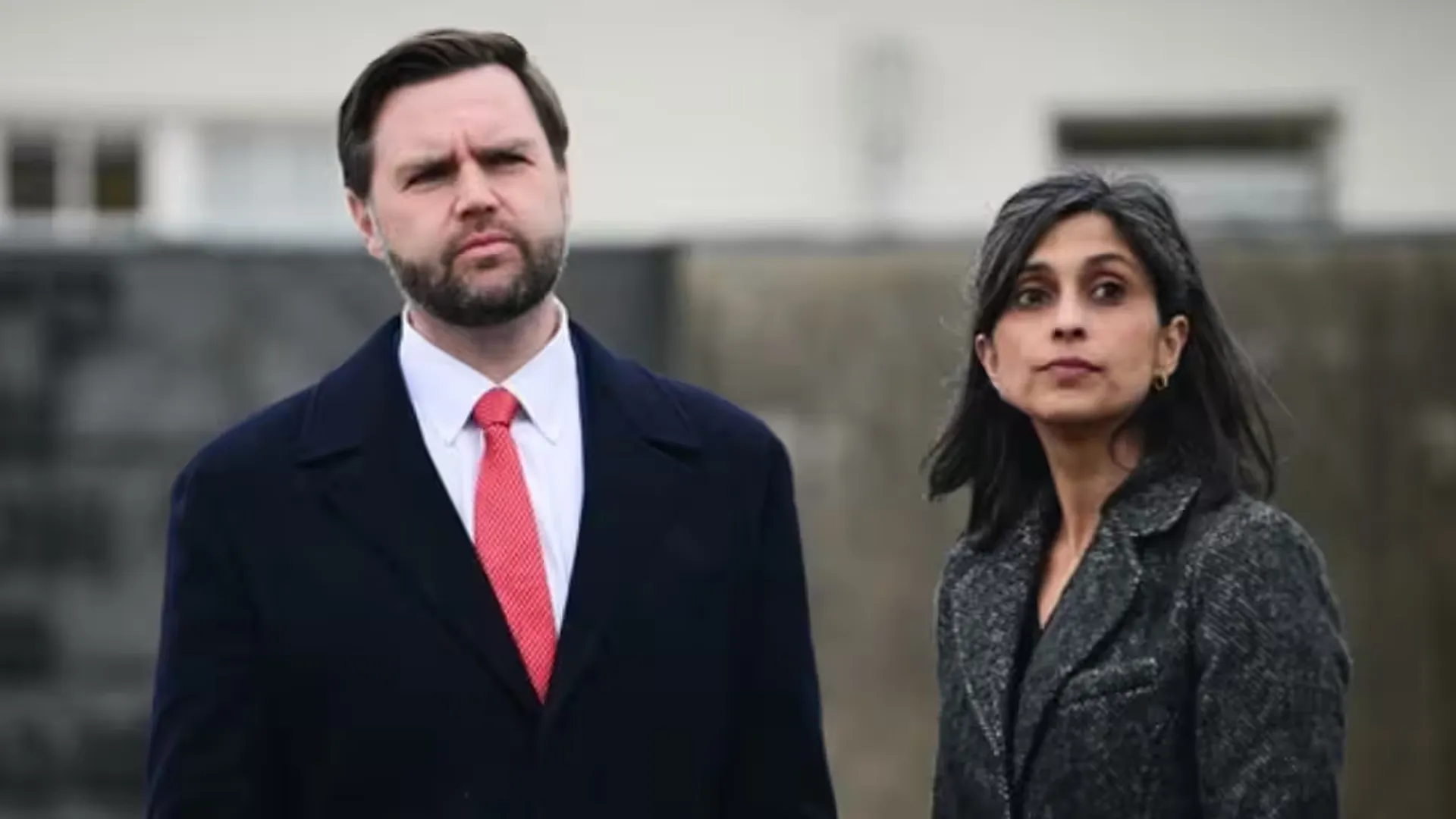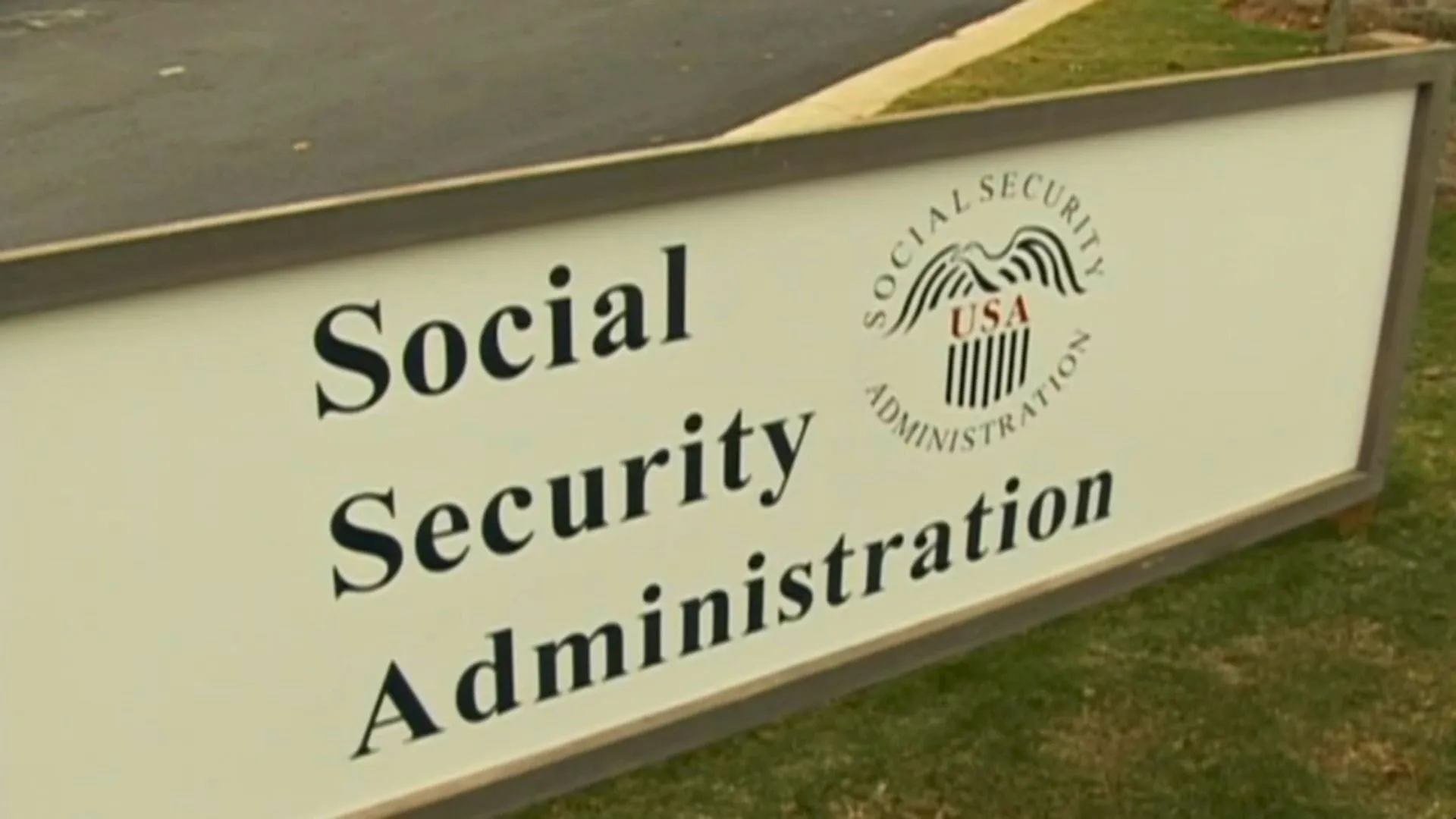Islamabad, November 28: Pakistan is taking decisive steps to tackle its escalating smog crisis by collaborating with the World Bank to devise a comprehensive anti-smog strategy. Interior Minister Mohsin Naqvi and World Bank Country Director Najy Benhassine met in Islamabad to discuss urgent measures to combat air pollution and promote sustainable development, Dawn reported.
Smog Crisis in Major Cities
Punjab’s air quality has drastically declined, with cities like Lahore and Multan experiencing hazardous levels of pollution. Multan’s Air Quality Index (AQI) twice surpassed an alarming 2,000 this month, breaking records for air pollution. Lahore, often dubbed one of the most polluted cities in the world, continues to struggle, while Islamabad’s AQI reached a “very unhealthy” level of 271 earlier this year.
In response, the Punjab government declared a smog emergency, underlining the urgency of implementing mitigation measures to improve air quality.
Collaborative Strategy and Key Focus Areas
The meeting resulted in a decision to form a joint team comprising representatives from the World Bank and the Capital Development Authority (CDA). The team will focus on creating an effective anti-smog strategy to address both short-term and long-term challenges.
Key measures discussed include:
- Expanding electric bus services to reduce vehicular emissions.
- Enhancing sanitation and access to clean water.
- Upgrading slums and rural areas to improve living standards.
- Conducting international-standard pollution assessments to tackle root causes.
Naqvi stressed the importance of urgent action, stating, “Before the situation becomes hazardous, we must implement a comprehensive anti-smog strategy.”
Commitment to Sustainable Development
World Bank Country Director Najy Benhassine reaffirmed the organisation’s support, emphasising the importance of sustainable development goals and clean air initiatives. He highlighted the need for effective coordination among stakeholders to ensure success.
The meeting also included high-level officials, such as the federal interior secretary, CDA chairman, and Islamabad deputy commissioner, demonstrating a unified resolve to combat the smog crisis.
A Cleaner Future for Pakistan
Naqvi expressed optimism about the collaboration, stating that joint efforts would lead to a cleaner and healthier environment for residents and visitors in Pakistan’s major cities. The strategy aims not only to address immediate concerns but also to lay the groundwork for long-term environmental sustainability.
Pakistan’s proactive approach and partnership with the World Bank underline its commitment to tackling the smog crisis, fostering cleaner cities, and ensuring sustainable development for its citizens.






















